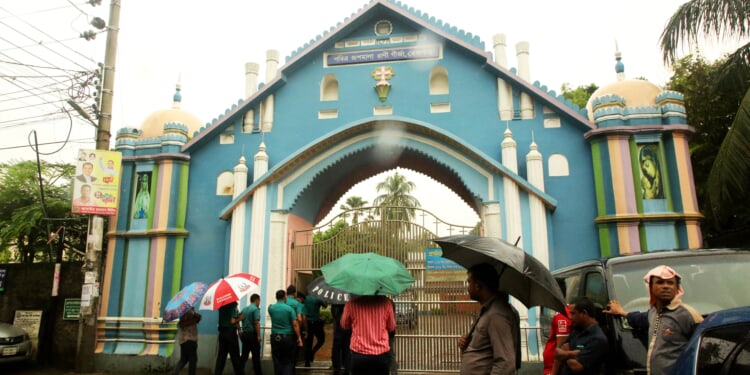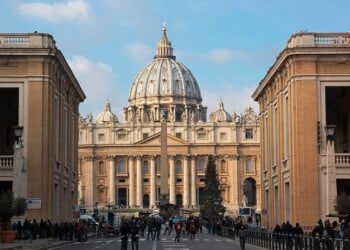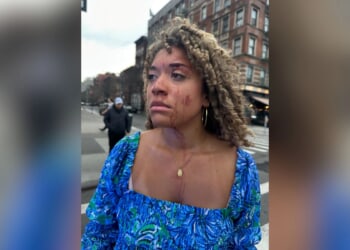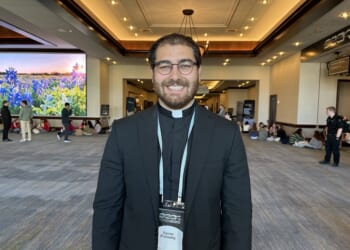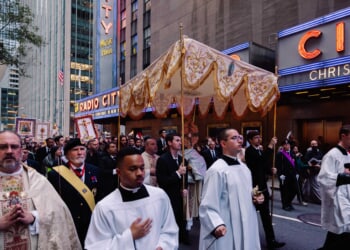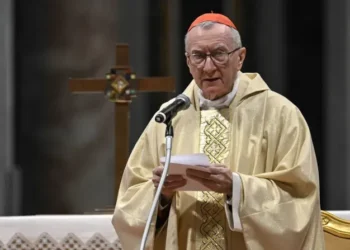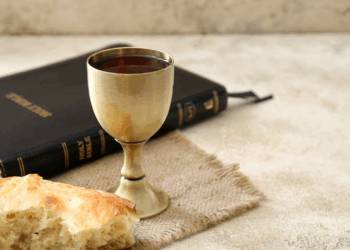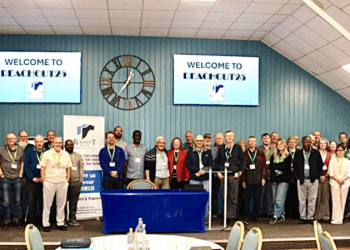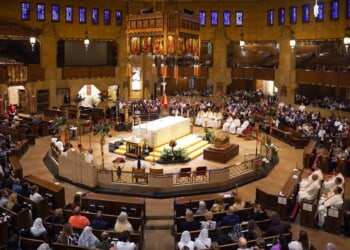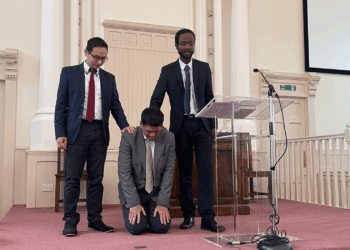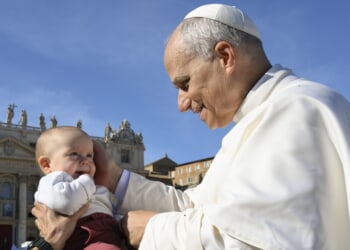Dhaka, Bangladesh, Nov 10, 2025 /
09:09 am
Dhaka police have arrested a 28-year-old man in connection with homemade bomb attacks that targeted a Catholic cathedral and a Church-run school in Bangladesh’s capital this month.
Police investigators identified the suspect as a member of Bangladesh Chhatra League, the banned student wing of the Awami League, the political party of ousted Prime Minister Sheikh Hasina. The suspect is being questioned about multiple incidents, including the Nov. 7-8 explosions at St. Mary’s Cathedral and St. Joseph School, one of the country’s prominent Catholic educational institutions.
The Dhaka Metropolitan Police, working with the country’s elite Rapid Action Battalion, has launched a citywide search for additional suspects. Police have increased security at churches and other religious sites across the capital.
Bangladesh’s interim government, which took power after Hasina’s ouster in August, said it remains committed to protecting religious minorities and will prosecute those who threaten religious harmony.
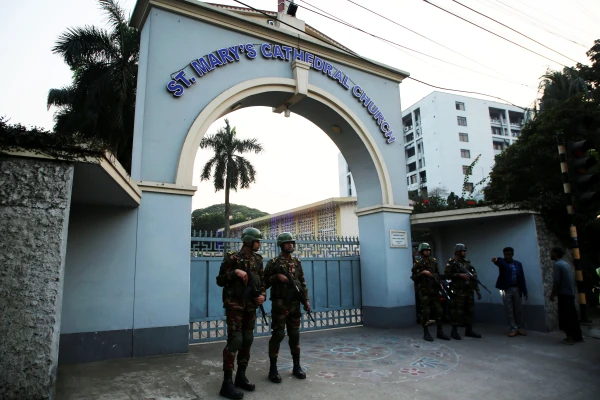
Attacks on Catholic sites
On the night of Nov. 7, around 10:30 p.m. local time, a homemade bomb exploded near St. Mary’s Cathedral in central Dhaka. Police found another unexploded device on the church grounds.
A few hours later, around 2:30 a.m. on Nov. 8, another homemade bomb exploded inside the compound of St. Joseph’s Higher Secondary School and College in Mohammadpur, a Dhaka neighborhood near the Catholic Bishops’ Conference of Bangladesh headquarters and several religious communities’ residences.
The attacks came just before the bishops’ conference was scheduled to host a national jubilee celebration honoring the birth of Christ, bringing together bishops, priests, and lay Catholics from across the country.
Homemade bombs — called “cocktails” in Bangladesh — are crude explosive devices often used in political violence in the South Asian nation.
Community concern
“The throwing of cocktails at the church again in a month has worried our Catholic community. But we do not know the motive for this attack, but we will request the administration to quickly find out the motive for these incidents and arrest and bring to justice those who committed them,” said Father Bulbul Rebeiro, secretary of social communications for the Catholic Bishops’ Conference of Bangladesh.
At a Nov. 8 press conference, Rebeiro said: “We Christians are very few in number, we are peace-loving people. But these incidents are frightening us.”
He demanded that the administration ensure that Christians, who are a minority, can safely hold religious festivals or activities.
Pattern of attacks
On Oct. 8, a homemade bomb exploded at the gate of Holy Rosary Catholic Church, Dhaka’s oldest Catholic church, located in a predominantly Christian neighborhood.
(Story continues below)
Subscribe to our daily newsletter
The Bangladesh Christian Association said the timing of the bomb attacks within a month appears coordinated. In a Nov. 8 statement, Nirmol Rozario, president of the association, urged the government to investigate and prosecute those responsible.
No group has claimed responsibility for the attacks or explained why the Christian community was targeted. Christians comprise less than 1% of Bangladesh’s approximately 180 million people, the vast majority of whom are Muslim.
Political turmoil and religious minorities
Bangladesh has experienced significant political instability since August 2024, when mass student-led protests forced Hasina to flee the country after 15 years in power. An interim government led by Nobel Peace Prize laureate Muhammad Yunus now governs the country.
The new government banned the Awami League’s student wing, Bangladesh Chhatra League. Under the country’s anti-terrorism act, authorities designated the student organization a “terrorist organization” for alleged attacks during the uprising that toppled Hasina’s government.
Christians and other religious minorities in Bangladesh have reported increased security concerns since the political transition. The Christian community celebrated Christmas 2024 under military protection at several churches in Dhaka.

